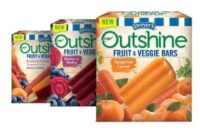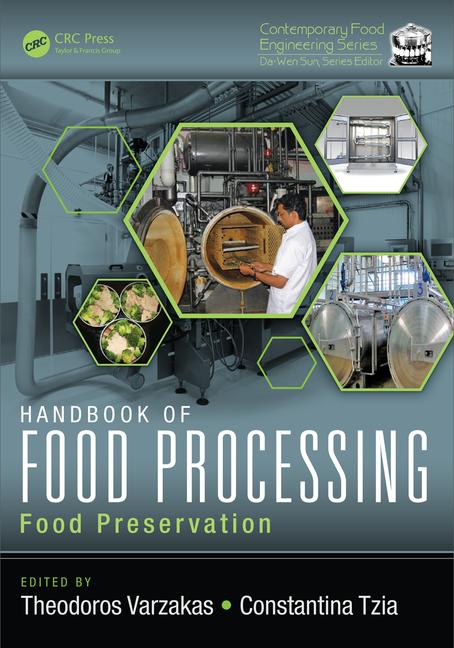Frozen vs Fresh Fruits and Vegetables
New research suggests that the nutritional value of certain frozen fruits and vegetables are generally equal to fresh produce

Research, recently published in Elsevier’s Journal of Food Composition and Analysis, reveals that the nutritional value of certain frozen fruits and vegetables are generally equal to fresh produce. In fact, the amounts of Vitamin A, Vitamin C and folates of some frozen fruits and vegetables were greater than fresh-stored produce.
Conducted by the University of Georgia (UGA) in partnership with the Frozen Food Foundation, the research compares the nutrient content of eight commonly purchased frozen and fresh fruits and vegetables.
The study mimicked consumer purchasing and storage habits of blueberries, strawberries, corn, broccoli, cauliflower, green beans, green peas and spinach. To account for variables such as growing conditions, country of origin and time in the supply chain, composite samples were prepared from fresh and frozen fruits and vegetables purchased from six independent grocery stores.
“Our research shows that frozen fruits and vegetables are nutritionally equal to – and in some cases better than – their fresh-stored counterparts,” said UGA Professor Dr. Ronald Pegg, who led the study. “In particular, Vitamin A was greater in frozen fruits and vegetables than select fresh-stored fruits and vegetables.”
Each fruit and vegetable was analyzed under three conditions: frozen; fresh (on the day of purchase); and fresh-stored (after five days of storage in a kitchen refrigerator). Surveys show that Americans may, on average, store perishable fruits and vegetables for up to five days or more, based on bi-weekly grocery shopping habits.
“Frozen fruits and vegetables are picked and frozen at their peak ripeness, locking in the nutrient value at the point of freezing,” said Foundation President Alison Bodor. “While this research demonstrates the nutritional benefits of freezing, frozen foods and beverages also provide consumers with convenient meal options while minimizing food waste.”
Full results from the Frozen Food Foundation’s research can be accessed here.
For more information on the benefits of frozen food, visit www.frozenfoodfacts.org.
Looking for a reprint of this article?
From high-res PDFs to custom plaques, order your copy today!







